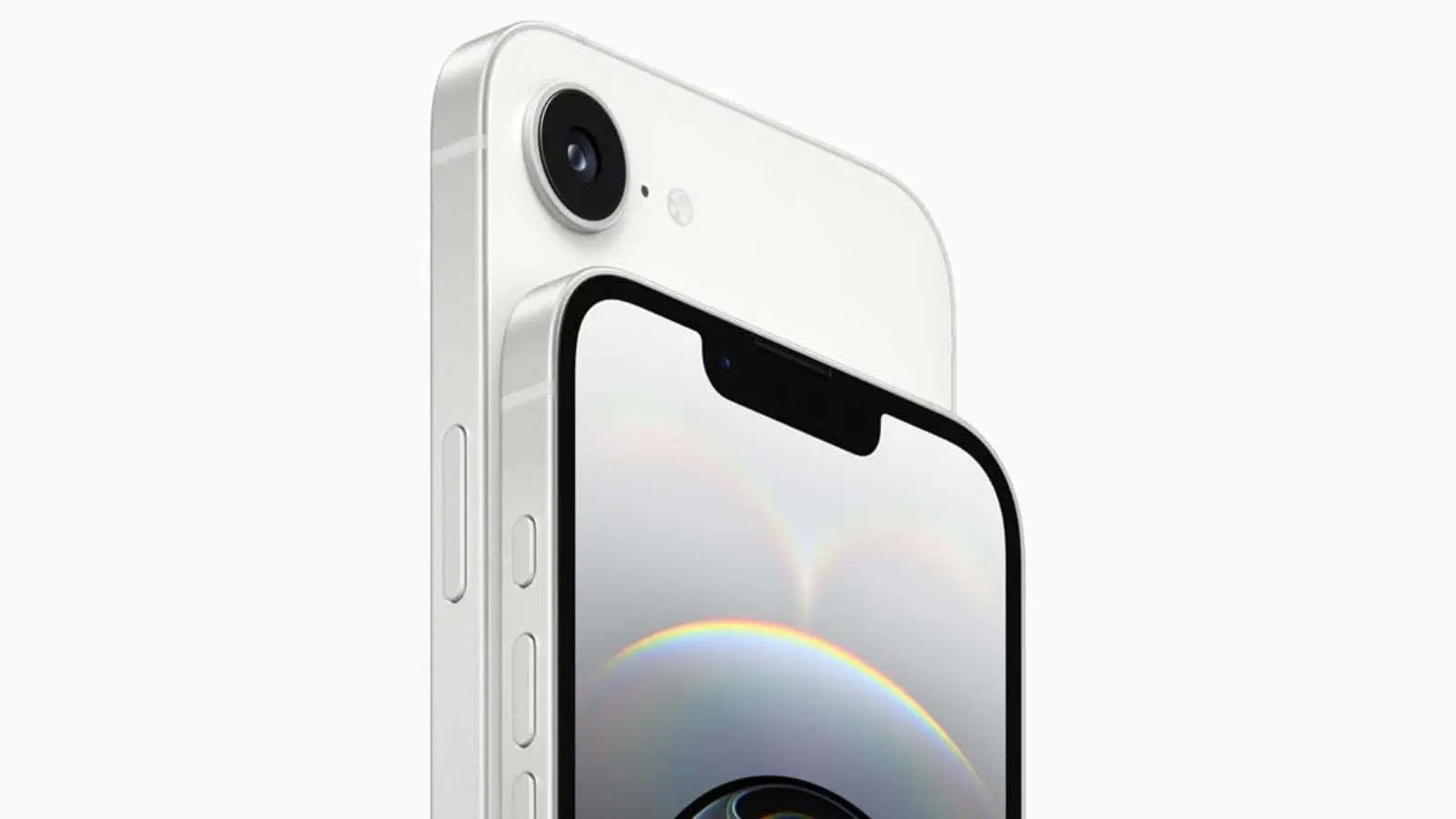OpenAI's Sora and the Use of Game Content: Copyright Concerns Arise
OpenAI's new video generation model, Sora, appears to have been trained on video game content, including playthroughs and Twitch streams, raising potential copyright issues. While OpenAI remains tight-lipped about its training data sources, Sora's output suggests familiarity with games like Super Mario Bros., Call of Duty, and Counter-Strike, even mimicking the style of 90s Teenage Mutant Ninja Turtle games. The model also generates videos resembling Twitch streams, featuring likenesses of popular streamers like Auronplay and Pokimane.
This apparent use of copyrighted game content has legal experts concerned. Similar discussions around AI and copyright are emerging in other creative fields. Training AI models on unlicensed game footage poses significant risks, especially given the multiple layers of copyright involved – the game itself, the unique video created by the player, and potentially user-generated content within the game. As AI models become more sophisticated, these legal challenges will likely intensify.
While OpenAI claims to use publicly available data and licensed content, the extent to which game content is included remains unclear. This raises questions about fair use and potential legal action from game developers and publishers. Understanding the key features and implications of AI models like Sora is crucial as this technology evolves and interacts with existing copyright laws. The legal landscape surrounding generative AI is complex, and the use of game content in training data adds another layer of complexity.




